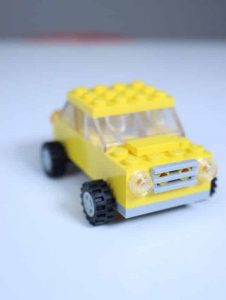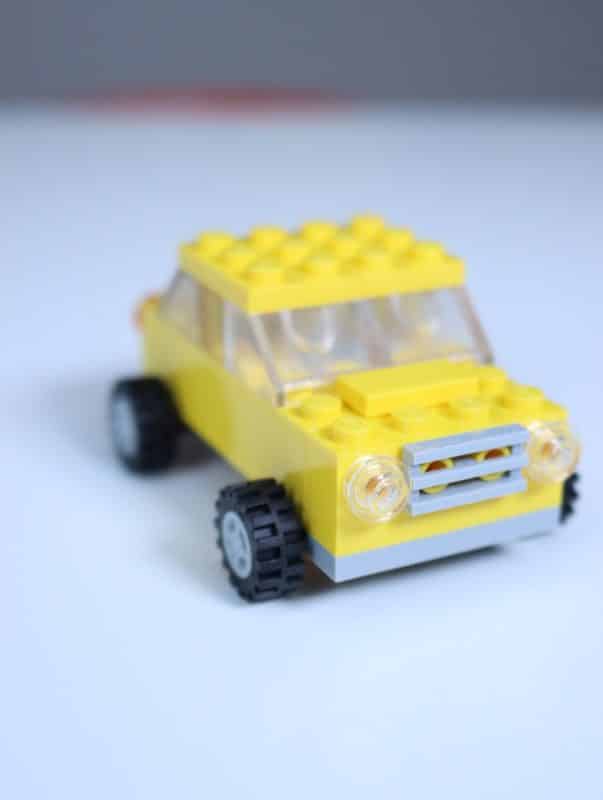I was behind the eyes tired, neither awake nor asleep – a feeling that I could not have explained had it not have been for the prolonged experience of supporting clients through the worst of their life experiences day in, day out, in the midst of the height of the C19 outbreak.
As a Psychologist with ADHD, I find myself wondering about the factors that can lead to amotivation, particularly amongst the ND (neurodiverse) community. More specifically, what happens to ones capacity for energy and drive when exposed to too much of certain stimuli and when deprived of others?
Whilst the various things that can impact are very much environmentally, socially and contextually (to name a few) dependant, some are both insidious and profound.
The experience/s of avolition can be described as a very low sense of internal motivation or drive – much like a fuel tank that has been drained. Without fuel, the nervous system powers down. These outages can vary in duration, they can be short lived or quite prolonged.
Occasionally it feels sluggish and everything seems too hard and exhausting. There are moments when inner narratives can scream “…can’t be bothered”, or “I’m so tired”. For some, this can come after spending prolonged periods exchanging or spending “social energy” out into the world.
The unintentional consequences of all of this is that dopamine fuel supplies are burnt through which can lead to stalling, or even falling, over the finish line (or before the line).
Other times it’s described as a feeling of paralysis. A physical inability to initiate behaviour/s, even if the mind is willing. This can be a stimulation “deprivation” response – much like leaving the car parked for too long and lamenting a flat battery when it’s finally turned over.

During lockdowns, exhaustion to ones very core has become a shared universal experience- life quickly becomes stressful, repetitive, restrictive and dull. In turn, people are deprived of vital opportunities to experience meaningful hits of dopamine through social and other experiences.
Adding to the mix for some, is the ADHD/Autistic nervous system. A system best likened to a high performance engine that is powered by dopamine. Dopamine is the “pleasure seeking” neurotransmitter. If in short supply it leads to reduced drive, motivation, energy and so on. The engine rapidly burns through dopamine supplies in order to produce high levels of energy output that is often required for this type of performance system. All would be well if not for the very small dopamine fuel tank, a minor design oversight.
A machine that is starved of fuel (dopamine that is consumed from environmental and other factors) can be difficult to start. A machine that is too far from a fuel source, and left idling, also quickly runs dry and shuts down.
Anyone who’s had to leg it to a service station with a jerry can knows this small amount of purchased fuel (gained through internal or external sources) ensures the engine instantly roars to life again, oft short lived if it’s the “wrong fuel” however.

In prolonged cases of fuel depletion, what develops as ADHD “burnout” can progress further into, for example, a more persistent and clinically depressive episode.
Day in day out we all face various stimuli overload and challenges that can have us burn through fuel more rapidly than we might otherwise prefer.
Awareness is key so that we can make conscious (where we can choose of course) fuel choices.
In these states:
- what does it take to get your motor started?
- what depleted or drains your tank?
- how would you know when you are down to a quarter of a tank and where/how would you be looking to refuel?
- how would you find ways to plan out those fuel stops along the way if you were required to travel long distances?
Getting to know what’s under the hood, what are your fuel sources, what burns through your supplies and, how you might know when the tank is down to 1/4 (rather than when the tank empty warning light comes on) can help you better plan your journey.
Like any engine, it’s fundamentally important to give yourself permission to rest as and when needed, to reduce stimuli overload and, to connect with your interests and your tribe. This allows the refuel, in turn, to continue on your way.
There are also some wonderful ND affirming practitioners that can support you to make gentle calibrations along the way should you ever feel the need to make a pit stop.
Look after those amazing systems, they need to last the journey.
Andrew Grant
Principal Psychologist



